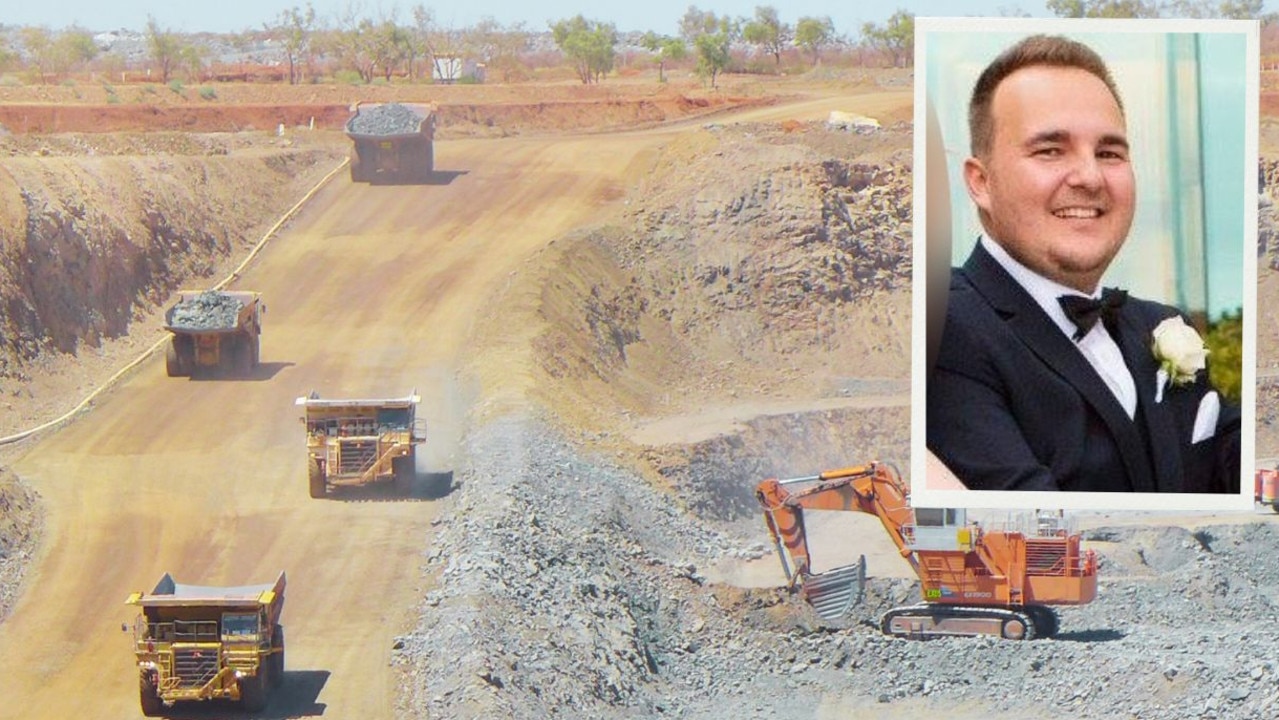Recognition a lever to end the cycle of indigenous imprisonment
When the Royal Commission into Aboriginal Deaths in Custody shocked the nation in 1991, indigenous peoples were being imprisoned at seven times the rate of the broader population. Today it’s 14 times.
Aborigines and Torres Strait Islanders make up 27 per cent of the prison population. Every fourth person who dies in custody is indigenous. Yet indigenous people comprise just 2.5 per cent of our population. This represents a singular national shame.
The ripples imprisonment sends through indigenous communities are nothing short of catastrophic: poverty, drug abuse, child neglect, low education, unemployment, violence, recidivism. We must now squarely face up to the fact that incarceration has become a deeply entrenched aspect of indigenous identity.
How do you begin to address a problem that has become so fundamental? You can try breaking it down into constituent elements. You can look to address housing, health, child education, adult training. All are important.
But segmenting the problem in this manner, as our state and federal governments have tended to do, blinds us to the context in which indigenous disadvantage has become so entrenched.
It is fundamental to recognise that significant historical elements — dispossession, disenfranchisement, discrimination — have played a critical role. There can be no doubt that the historical basis on which Australia was colonised, the exclusion of indigenous Australians from the people of the commonwealth until 1967, and the application of an imposed system of laws, have substantially worsened the problem. This is a critical point missed by those who dismiss indigenous constitutional recognition as empty symbolism.
It would be naive to suggest that altering the Constitution will lead to any immediate change in indigenous incarceration rates. But it is wrong to argue that the founding document of this nation — and the recognition and respect that inclusion would afford Aboriginal people — would have no real influence on what are broad, historic, national failures. We are dealing with a national crisis. Turning it around requires many levers and lots of patience.
Constitutional recognition is, of course, only one such lever. In the legal reform sphere, for example, we must urgently move toward increased funding for justice services, removing mandatory sentencing and amending punitive bail and parole conditions.
Constitutional recognition presents an opportunity for a grander shift in the power dynamic between the indigenous population and the rest of the nation. As Noel Pearson notes, the nation needs to move past the framework of imposed solutions. The relationship has to be rebalanced to one of empowerment of indigenous Australians and shared creative control.
But constitutional change must be endorsed collectively by indigenous peoples. This does not mean that a position on constitutional reform would have to have unanimity among the indigenous community. That’s an impossible burden to place on any group. The key point is simply that the final position needs to be an authentically indigenous one.
The special parliamentary committee’s recommendation of a “three-part formula” — involving a special sitting of both houses of federal parliament, followed by a constitutional convention of Aboriginal and Torres Strait Islanders, followed by a second national convention representing all Australians — is a sensible approach. Personally, I would prefer recognition find its place in the existing structure of the Constitution, not in a preamble. Nor would I like to see it reduced to emptiness by a statement that it has no effect. What could be more discriminatory?
But the important thing is that the final proposal is arrived at through the active involvement of the indigenous community, in consultation with non-indigenous Australians. We should take the necessary time to achieve this, even if it means it is not ready by 2017. During this tricky negotiation we must not lose sight of our ultimate aim, which is to add a weight, not just of recognition but a new paradigm of a shared responsibility and expectation, to being indigenous.
Recognition needs to be more than just symbolism if it is to deliver any real advancement to indigenous Australia and the broader Australian community with it. It has to instil a sense of optimism, pride and hope for a shared, national identify that will curb the malaise feeding the crisis of imprisonment.
Duncan McConnel is president of the Law Council of Australia.



To join the conversation, please log in. Don't have an account? Register
Join the conversation, you are commenting as Logout